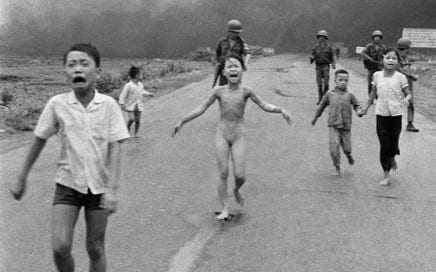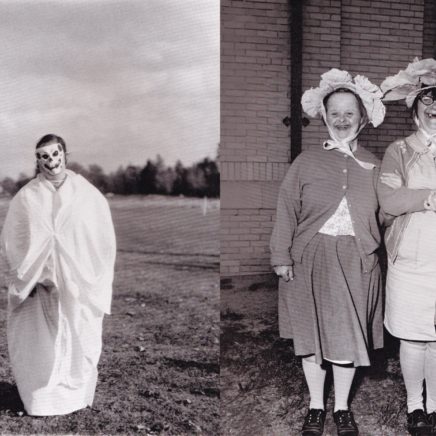
Thomas Weski: Interview With Cooper Blade
“I think Michael felt the need to discuss the meaning and importance of American photography with a younger generation in Germany who had no experience with these kinds of elderly figures. The National Socialists had either killed or persecuted them in Germany, so for my generation there was no elderly generation in photography.”




